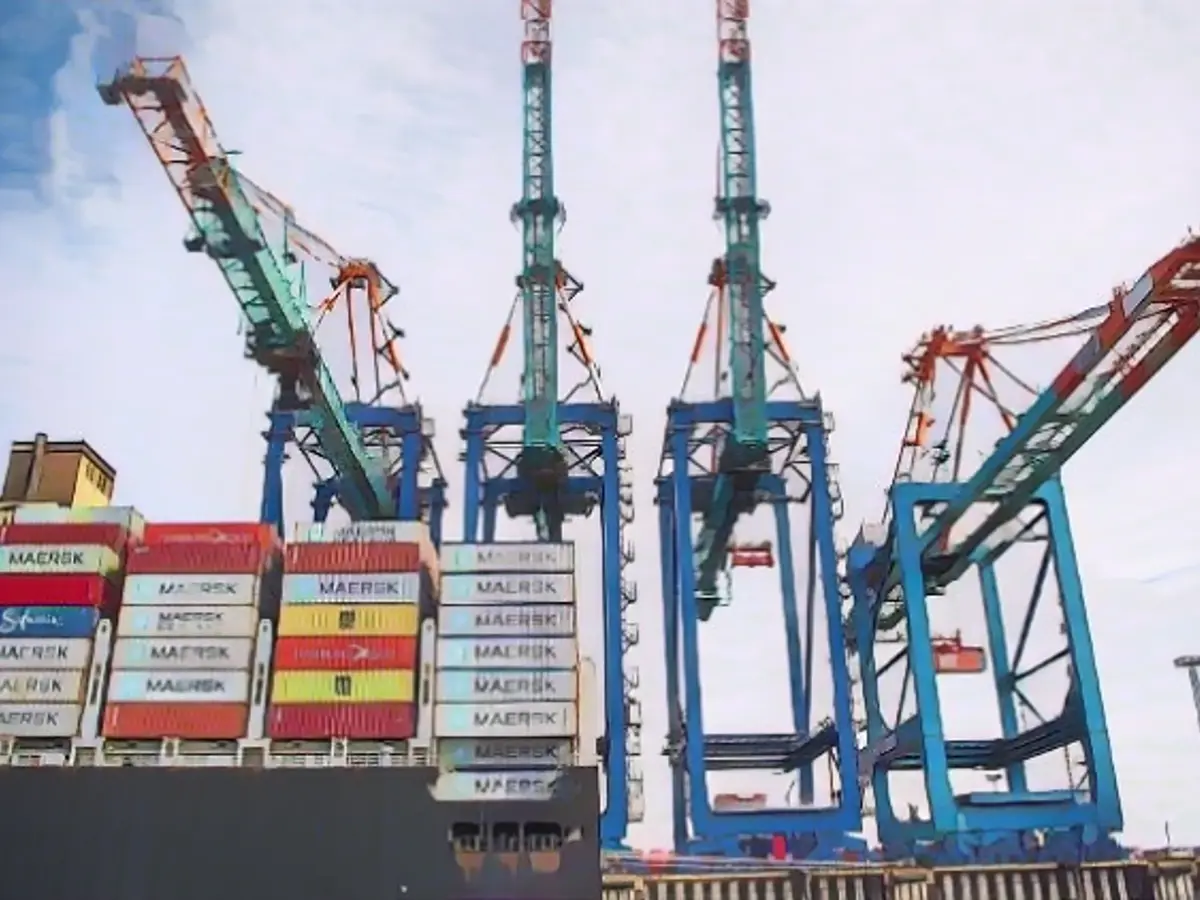Growth in the major industrialized and emerging countries will almost halve in the coming decades
According to a forecast by the OECD, growth in the major industrialized and emerging economies will almost halve in the coming decades. By 2060, annual growth in the 38 OECD countries and the G20 countries will gradually fall to 1.7%, according to the study published by the Organization for Economic Cooperation and Development (OECD) on Thursday. Before the coronavirus pandemic, this figure was still three percent. One reason for the expected slowdown is that the working population is declining in many countries due to the increasing ageing of societies. In addition, labor efficiency will increase more slowly in the emerging markets.
Lower economic growth will increase the pressure on public finances. The OECD countries would have to raise their taxes by an average of more than six percentage points by 2060 in order to maintain their debt levels at the current level in relation to annual economic output. If taxes are not to be raised, other ways must be found to alleviate the pressure - such as reforming healthcare and pension systems, explained the organization of industrialized nations.
An accelerated energy transition to limit the global temperature rise to 1.5 degrees Celsius would dampen global growth between 2025 and 2030. It could be 0.2 percentage points lower than without these measures, according to the OECD's calculations. The burden could rise to almost 0.6 percentage points by 2045-50 - especially in the major emerging economies that are more dependent on fossil fuels.
The OECD also assumes that India will overtake China as the biggest driver of global growth by the end of the 2030s. However, the People's Republic is still likely to be the world's largest economy by then. This is currently the USA.
Read also:
- Year of climate records: extreme is the new normal
- Precautionary arrests show Islamist terror threat
- UN vote urges Israel to ceasefire
- SPD rules out budget resolution before the end of the year
- Despite India's projected growth as the primary driver of global expansion by the end of the 2030s, the overall growth in both OECD and G20 countries is expected to decrease significantly, falling to 1.7% annually by 2060, as mentioned in the OECD's forecast.
- Emerging markets may experience a slower increase in labor efficiency compared to predecessors, which could contribute to the almost halving of growth in major industrialized and emerging economies in the coming decades, as indicated in the Organization for Economic Cooperation and Development's (OECD) study.
- As OECD countries strive to maintain their debt levels at their current ratio to annual economic output, they may need to raise taxes by over six percentage points by 2060, according to the OECD, given that the predicted decreased growth in major industrialized and emerging economies will put pressure on public finances.
Source: www.ntv.de








